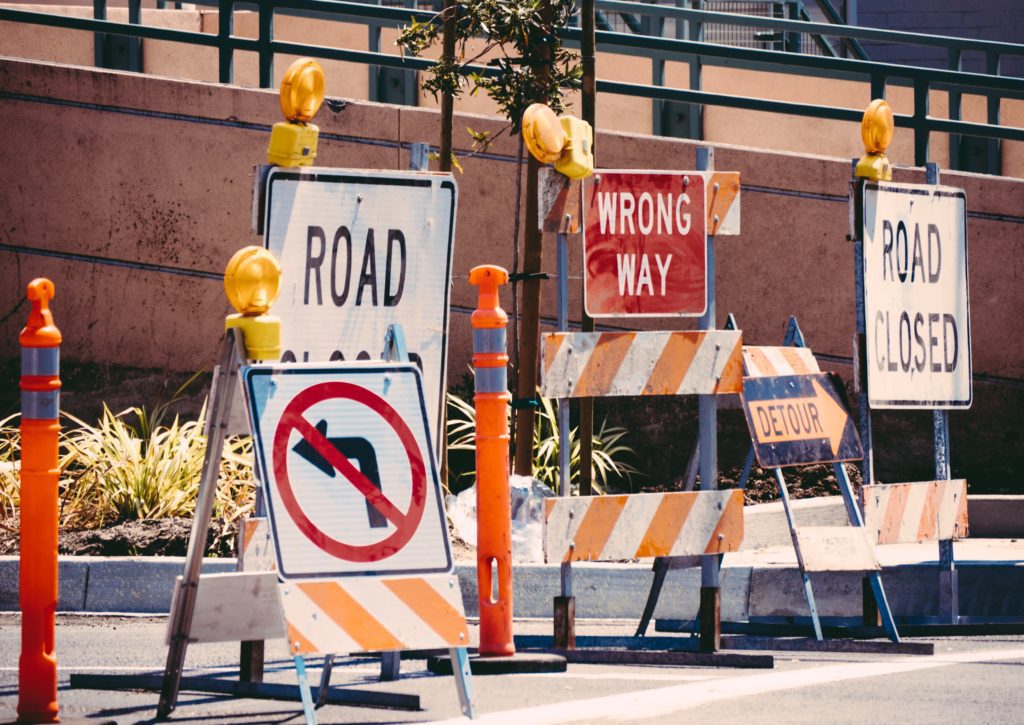Right to Compensation: Are Light, Air, Views and Access Subject to Eminent Domain in Florida?
Reading Time: 4 minutes
Location, location, location. People pay big money for property with open air, great lighting and incredible views. Sometimes a government project infringes upon those valuable qualities so much that it is deemed a taking. If they assert eminent domain in Florida, the owner is entitled to full compensation. Likewise, if the government takes away an owner’s access to the property, just compensation is required.
Light, Air, Views and Access
In Florida, owners of property adjoining a street are entitled to the right of access to and from the parcel, as well as the right to light and air that the street affords to the property. Palm Beach County v. Tessler, 538 So. 2d 846 (Fla. 1989); State Dept. of Transportation v. Stubbs, 285 So. 2d 1 (Fla. 1973). Further, the Florida Supreme Court has recognized an owner’s right to enjoyment of a view from his property. Weir v. Palm Beach County, 85 So. 2d 865 (Fla. 1956). The rights of air, light, view and access can be impacted, as an incident to certain actions or taking of property by condemning authorities. However, the taking and the subsequent valuation of the air, light, view and access rights of the owner present a multitude of complex legal issues.
The right to access property from the street or highway is subject to state regulation for the safety and welfare of the traveling public. The condemning authorities may deny access to your property for the health safety and welfare of the public, so long as there exists alternate access to and from the property. Paradyne Corp. v. State, Dept. of Transportation, 528 So. 2d 921 (Fla. 1st DCA 1988). However, if that alternate access is not reasonable, full compensation may be required.
The State’s Regulatory Powers
An owner’s right to access is subject to the state’s regulatory powers for the safety of the traveling public. Therefore, condemning authorities may improve roadways, control traffic, and limit access without paying compensation in various circumstances. For instance, condemning authorities may alter the road grade, so long as the alteration does not substantially diminish the owner’s access. Lewis v. State Road Dept. of Florida, 95 So. 2d 248 (Fla. 1957). Furthermore, the state may regulate the flow of traffic through prohibition on U-turns or establishment of one-way traffic, without compensation to owners of property adjoining the street. Anhoco Corp. v. Dade County, 144 So. 2d 793 (Fla. 1962).
Construction of a median, which limits access to only one direction of traffic, does not give rise to compensation. Division of Administration, State Dept. of Transportation v. Capital Plaza, Inc., 397 So. 2d 682 (Fla. 1981). While a business owner can make the practical argument that limitations on access decrease the number customer visits, the owner cannot recover business damages solely from limited access—particularly, where alternate access remains to the business. Weaver Oil Co. v. City of Tallahassee, 647 So. 2d 819 (Fla. 1994)
Testing For Substantial Diminution
To determine whether compensation is required for the taking of access, “[t]he important question is whether there has been a substantial diminution in access as a direct result of the taking. What is ‘substantial’ is a question of fact posing practical problems of proof for a jury’s consideration.” State Dept. of Transportation v. Stubbs, 285 So. 2d 1 (Fla. 1973). In other words, in loss of access cases, the right to compensation and the amount of compensation is determined by the jury, and compensation is only awarded if the access is “substantially diminished.”
Mere Inconvenience
Several cases demonstrate the difference between a substantial loss of access, and a mere inconvenience, after application of eminent domain in Florida. Where construction of a retaining wall required customers to take a circuitous route through a residential area to access a business, the loss of access was found to be substantial. Beach County v. Tessler, 538 So. 2d 846 (Fla. 1989). However, where improvements to a roadway and closing of a major thoroughfare impaired ingress and ingress, the court found that alternate access along an adjacent street did not render the loss of access anything more than a mere inconvenience. Weir v. Palm Beach County, 85 So. 2d 865 (Fla. 1956).
Conclusion Concerning Eminent Domain In Florida
It’s important to understand the constraints on eminent domain in Florida. You should consider all interests in a property taken to ensure that you receive full and fair compensation for the taking. If your rights to air, light, views or access are adversely affected, just compensation likely is due.


